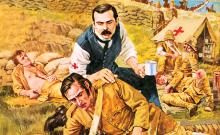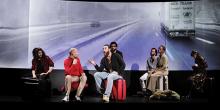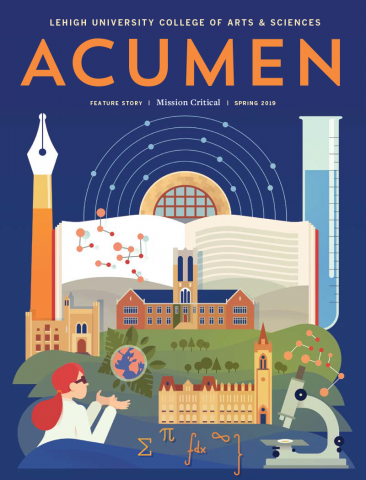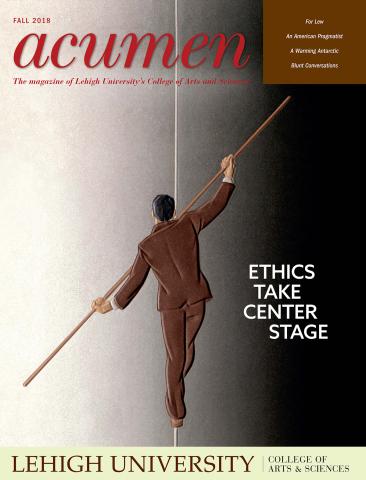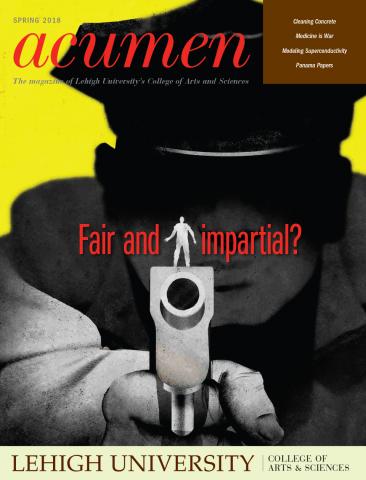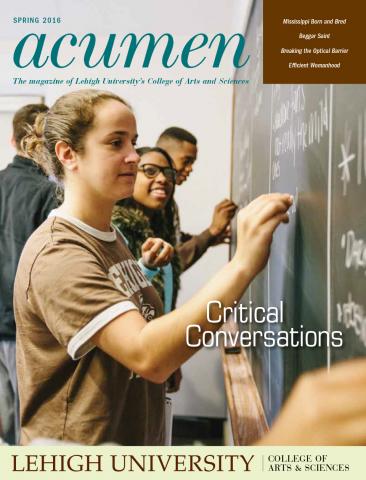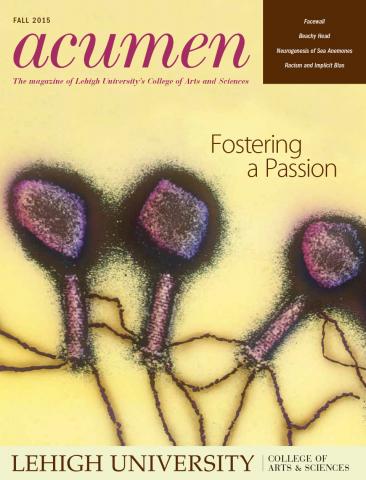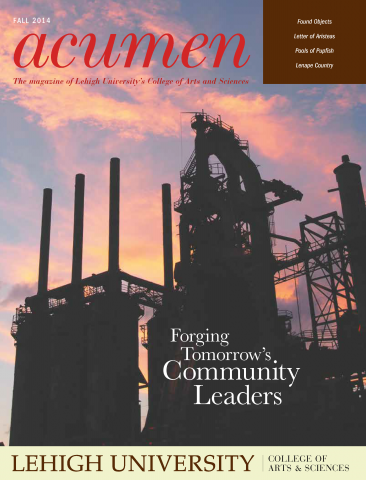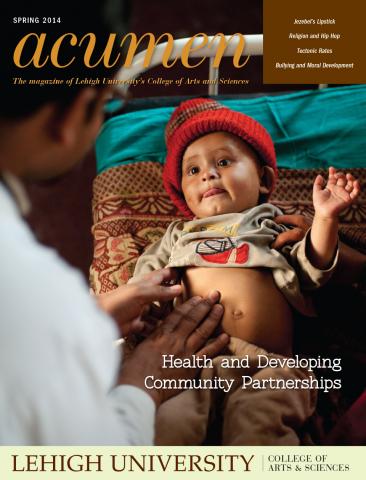
Downtown Allentown rolled out the red carpet last fall for Samuel L. Jackson, Bruce Willis and other cast members of “Glass,” an M. Night Shyamalan film being shot at the shuttered Allentown State Hospital. During production, locals tweeted about seeing the A list stars at Queen City BBQ, Allentown Brew Works and other hot establishments giving new life to Pennsylvania’s third most populous city.
Once a symbol of urban decline, downtown Allentown was named by the Urban Land Institute in 2017 as a national success for its innovative partnerships and financing. Thethink tank noted that Allentown saw 4,000 jobs come into the urban core and a billion dollars of development. An unusual tax distribution program—the Neighborhood Improvement Zone—helped to spur the comeback by channeling investment into a hotel, eateries, retail and an arena.“
The Neighborhood Improvement Zone is a tremendous blessing to Allentown that is helping to turn the city around. As a member of city council, I fully supported the NIZ and continue to do so,” said Mike Schlossberg ’06G, a three-term Democratic state representative serving the 132nd Legislative District in Lehigh County—most of Allentown. Schlossberg, 34, numbers among the growing contingent of millennials winning public office and ushering in new ways of conducting government.
Time.com highlighted the phenomena: “Young people have always rolled their eyes at the received wisdom of the olds, but now they’ve got numbers on their side. Millennials—born between 1980 and 2000—overtook baby boomers as the largest segment of the U.S. population in 2015, yet they are led by one of the most geriatric federal governments in history.”
Time.com estimates, in state legislatures, millennials account for 5 percent of seats nationwide. Many are starting their careers in local office, a move that helped Schlossberg win the state House in 2012, while still a twentysomething. And like many other elected millennials, Schlossberg meets his constituents on social media where he airs personal and political views on everything from mental health to education to small business.
A front row seat to Allentown’s problems
Schlossberg, who recently declared his 2018 re-election bid, moved to the Lehigh Valley for college and never looked back. He left home in Livingston, N.J., to study political science and psychology at Muhlenberg College, and then, in 2006, earn a master’s degree in political science at Lehigh. By 2009, he was putting everything he learned into practice as the youngest person ever elected to Allentown City Council. The $6,100-a-year position gave him a front row seat to the city’s biggest problems. Allentown boasted a double-digit unemployment rate and some of the state’s worst poverty. Shuttered factories and other relics of a prosperous past like the old Neuweiler Brewery and the sprawling Adelaide Mills factory, loomed empty and ghostlike.
As he dug into Allentown’s joblessness, Schlossberg found roots in local schools. Children arrived for class hungry, and many just failed to show up.
“There were kids with parents who were incarcerated, kids living with grandparents, doing the best they could,” he said.
Jobs and education became two of his signature issues. While serving as a councilman, Schlossberg also led member relations and applied technology for the Greater Lehigh Valley Chamber of Commerce. He created and operated its social media presence, including Facebook, YouTube and a blog. He ran member training for law firms, insurance companies, manufacturers and other businesses on how to create a social platform and use it for sales. He also started tracking social gaffes by elected officials and agencies. The number of Americans following elected officials on social channels has more than doubled in recent years, according to Pew Research, and the number of politicians using Twitter, Facebook and other channels has also grown. Schlossberg turned the most egregious gaffes into a 2015 book, “Tweets and Consequences.”
Its examples include a state of South Dakota Twitter campaign to caution people against jerking the steering wheel when swerving. A state agency came up with the suggestive phrase “Don’t Jerk and Drive.” Schlossberg says the agency wanted to break away from the standard public service anouncement and ended up with an example of indecency that hurt its credibility.
“The government can’t be making masturbation jokes and innuendo,” Schlossberg pointed out.
He still tracks gaffes and sometimes calls them out on Twitter.
Changing the business of government
Like other millennial pols, Schlossberg is changing government. He became the first Pennsylvania state representative to conduct social media town halls with such topics as LGBT rights and the budget. He makes daily district updates on Facebook and Twitter. Recent tweets range from a picture of him at a breakfast for a medical marijuana dispensary to the importance of Net Neutrality to a pinned tweet promoting his mental health blog, “Slightly Cracked.” Schlossberg suffers from depression and anxiety and publicly opened up in 2014.
“After Robin Williams committed suicide,” he said, “I started talking about my own struggles.” He had hidden his mental illness from almost everyone but had then come to believe that talking about depression in an open, honest and public manner would help. On social media, to friends and constituents, he began admitting the suicide ideation plaguing him since college.
“I was astounded. Some people said you must not have prayed enough. To my extreme delight, almost everyone else was overwhelmingly supportive,” he said.
People admitted their own struggles or those of friends or family members. Schlossberg wants government to do more to protect those suffering from mental illness.
“We’ve eviscerated the social safety net. We have to do everything we can to encourage people to get help,” he said.
As a legislator, he co-founded the Mental Health Caucus, which advocates for funding. He is also working on anti-suicide legislation, including a bill requiring colleges to have a mental health outreach plan and creating a mentorship program for emergency responders who are at risk for suicide.
Ironically, a symbol of the evisceration of the social safety net may prove a victory for economic development and jobs for Schlossberg’s district. The vacant Allentown State Hospital, the site of Shyamalan’s horror film shoot, looks close to being sold. Possible uses for the asylum include light industry and commercial office space. In a news release, Schlossberg said the site’s redevelopment is important.
“Since before I took office,” he said, “the status and future of the Allentown State Hospital has been a concern for residents as vacant buildings and neglected property stand to attract unwanted activity and result in blight.”
Schlossberg said he looks forward to ensuring that the sale of the state hospital enhances the quality of life on the east side of Allentown. When and if that happens, many of constituents will likely learn about
it on Facebook.













